
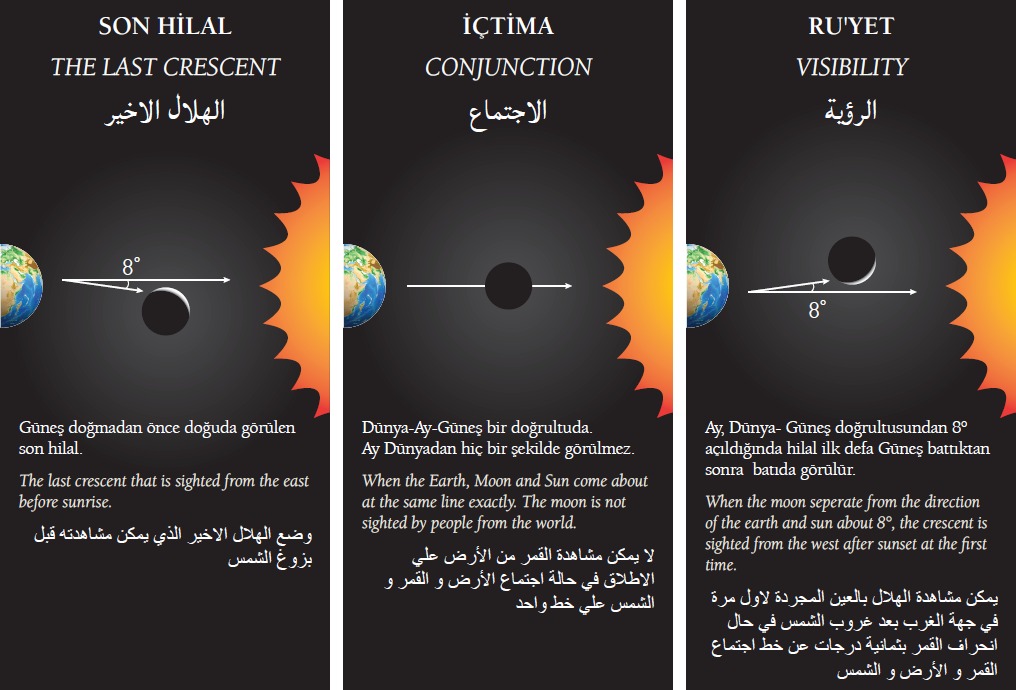
The scholars of the UK and Europe, Hilal Forum, proposed the criteria in 2021 , According to the perspectives of the Hanafi, Maliki, and Hanbali Jurists, the timing disparities around the world do not impact the sighting of the moon, except in cases where excessive distance results in a time variance exceeding 12 hours. Consequently, this discrepancy may lead to a divergence between the dates of observation during recognised day and night. Hence, in regions spanning Asia, Europe, Africa, and America, the sighting of the crescent by any day observatory will be deemed valid.
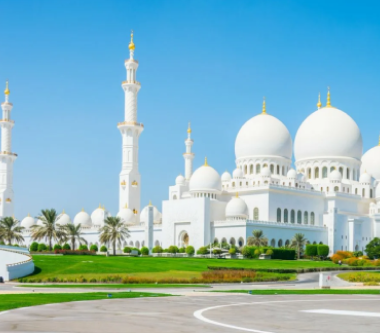
Muslims have a long history in Britain. However, in the 20th century, many political changes occurred: the Ottoman Caliphate was divided into different countries, and United India was divided into two separate states. With these changes, the number of Muslim immigrants in Britain increased. The construction of mosques, establishment of Islamic schools, and organization of other Islamic rituals and customs began. Different methods for announcing the crescent of the new Islamic month were adopted by Muslims.
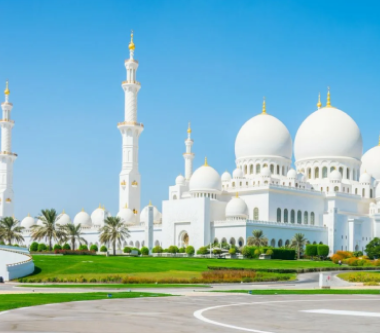
All the scholars of the Ummah Muhammadiyyah ﷺ agree that the Muslim community should attempt to perceive the crescent on the 29th and if it is not seen then complete the full 30 days. To date, no one has said to find the crescent even after completing 30 days because the last month's moon is sure to be complete, and the new moon has started. But if 29 days are completed, and the moon is perceived, the 7 methods of proof of its visibility are listed within Islamic Jurisprudence.
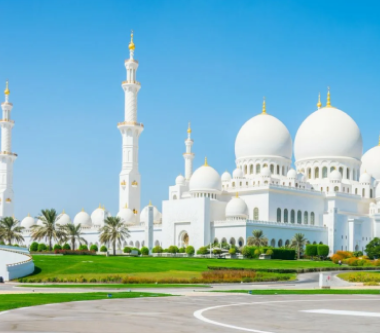
In Arabic, Matala' means the place from which astronomical bodies rise; Matala' al-Hilal refers to the place on the horizon where the crescent Moon rises. Nowadays, it is generally known that each country has its crescent Moon. The crescent Moon seen in Belgium is for the people of Belgium; the crescent Moon seen in India is for the people of India; the crescent Moon seen in Pakistan is for the people of Pakistan; and the crescent Moon seen in Britain is for the people of Britain.
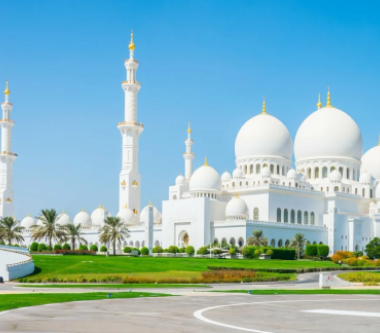
Fiqh al-Hilal is the derivation from crucial principles of the Quran, sunnah, and opinions of jurists on deciding when to finalise the beginning of a new Islamic month. It is the study of the correct method of determining the crescent for the beginning of the new Islamic month, which is to be certain of the end of the previous month and the start of the new month.
Interesting facts about the Moon:
The Moon is not a planet but a satellite of Earth.
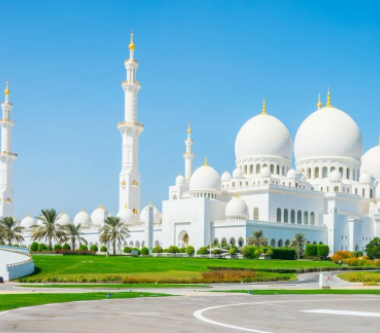
Recently Karimia institute’s Imams and the trustees decided to follow the UK and Europe Hilal forum. Here I want to explain our thinking behind this decision. I know it is not easy to make an abrupt change, for decades we have followed the sighting of the moon with the eye. Therefore, I request you to decide prayerfully and carefully. Since this will influence not only your family but other communities. My appeal is let’s not to be squeamish about astronomical calculations, nor dismiss it lightly.
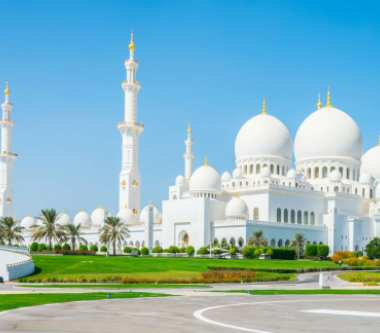
I begin with the name of Allah, the Kind the Caring.
Question
What do the scholars of Islam say about the question of the moonsighting in Britain? It has been a topic of heated discussion amongst British Muslims since the 1970s. A group of Sunni scholars and Masajid are following the Astronomical calculations method for the beginning of Ramadhan and celebrating Eid. What is the evidence from Shariah for the validity of accepting astronomical calculations?
Kashef Saleem Nottingham
Answer

 THE UK AND EUROPE HILAL FORUM
THE UK AND EUROPE HILAL FORUM